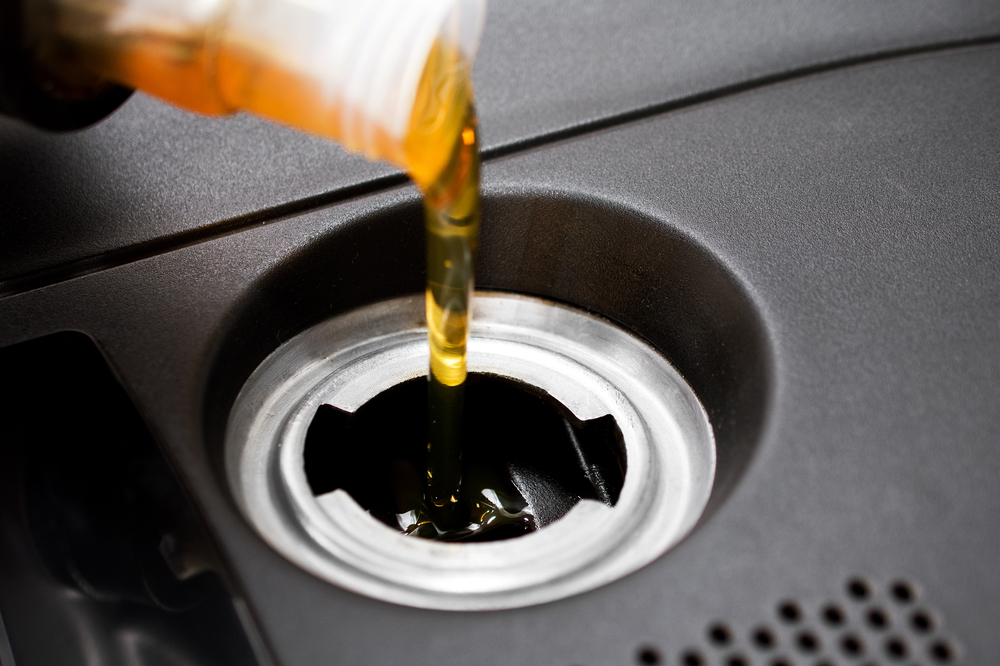Synthetic oils are widely preferred in the automotive industry due to long usable life and it helps to improve fuel efficiency. Synthetic oil is made of a base stock and various special purpose additives. Because the oil is created synthetically, hydrocarbon molecules are more uniform in terms of weight, shape and size. This causes synthetic oil to have more reliable performance. However, there are a number of myths that you need to dispel.
- Synthetic oils degrade seals: This is not true. It would be foolish for synthetic oil manufacturers to produce something that damage the engine. It is true that it’s somewhat difficult to standardize the material used to make seals, but they are usually made from elastomers. Synthetic oils contain additives that prevent the hardening, shrinking and swelling of seals.
- Synthetic oils are too thin to lubricate engine components: Again, this is not true. There are rigorous standards to define how synthetic oils perform. They need to meet specific guidelines in terms of viscosity. You should check whether the SAE grade of the oil is suitable for your car. The grade has specific format, such as 10W-30 and 10W-40.
- You need higher quantity of synthetic oil: It is not true that you need more synthetic oil to properly lubricate the car. As long as the oil doesn’t leak from the engine, the oil level inside the engine should be the same.
- Synthetic oils are less compatible with gasoline: This is again not true. The base stock of synthetic oil is made from various materials, such as synthesized hydrocarbons, diesters and polyalphaolefins. If the motor oil isn’t compatible, various problems can occur and this will be bad for the reputation of the manufacturer. However, it is important to always use the same synthetic oil brand, so you will always get consistent results.
- Synthetic oils produce sludge: This is not true. In reality, additives inside synthetic oils make it less likely for sludge to form. Sludge form due to oxidation and high temperature. When the lighter components of motor oil boils off, the remaining oil will become thicker and sludge will more likely to happen. Also, motor oil is complex chemically and oxidation process could cause various problems, such as the formation of sludge. Manufacturers are aware of this problem. Additives will prevent the lighter components to boil off and the process of oxidation is inhibited. Although it doesn’t mean that synthetic oil is sludge free, this problem is usually less likely to happen, because it has been anticipated by the manufacturers.
- Synthetic oils are not compatible with oxygen sensors and catalytic converters: This is not true. Whether the motor oil is petroleum-based or synthetic, they don’t affect the operation of oxygen sensors and catalytic converters. In general, both types of motor oils have similar chemical compositions, but synthetic oil is more controllable and uniform. It means that engines may actually run better and cleaner when using synthetic oils. The emission control systems and sensors should be exposed to less contamination, so they will run more efficiently.
